Frank Lloyd Wright (1867-1959) was one of the United States’ best known architects, especially for his modern homes done in the Prairie Style — low, horizontal buildings with flat roofs, planned into the landscape. This morphed into a more universal form that he referred to as Usonian. Two of those homes are in New Hampshire belong to the Currier Museum of Art, in Manchester.
Dr. Isadore and Lucille Zimmerman approached Wright in the 1940s and asked him to design a private home for them. And the low-profile home that he created, from foundation to furniture, is a gem. Wright also had a dream of creating a Usonian style home that was similar but simple, the design he created was called Usonian Automatic. The Toufic Kalil family, friends of the Zimmermans, built one of those homes a few doors down the same street.
What the Zimmermans got was an outstanding example of Wright’s Usonian homes. Its street façade is brick with a row of small clerestory windows in contrasting concrete frames under a low overhanging roof of red tile. Inside, the main room is small, but open and spacious with natural wood and stones offset by expansive windows of the opposite wall. These are so cleverly designed that there appears to be no obstruction between the viewer inside and the landscaped gardens beyond.
Wright left nothing unplanned: the interior decoration, the furniture, the garden, every detail down to the mailbox were all his design. The house is shown as it was when the Zimmermans lived there in the 1950s and 1960s, and includes their personal collection of sculpture, pottery and Japanese art.
Occupied by the Zimmermans from 1950 until the death of Lucille in 1988, the house was willed to the Currier Museum of Art. Tours run from April through early January and a special Twilight Tour in December includes live music performed in the room specifically designed by Wright for music performance.
The Kalil House is just down the street from the Zimmerman House. Built in 1955, it is an early example of what Wright hoped would be a broadly accepted simple modern house plan. These homes were made of interlocking concrete blocks linked together with vertical and horizontal steel bars and concrete. Like Usonian houses, the open-plan homes have no attics, no basements and no ornamentation. The Kalil house is filled with natural light from 350 rectangular window and also contains much of the original Wright furnishings and textiles.
This unique pair of neighboring houses creates a chance to see and appreciate the similarities and diversity in homes that Wright designed. The Zimmerman House shows more of the Wright that we are used to, with a strong use of natural wood on the interior and exterior. The Kalil House is notable for its unadorned block construction and stacked block sized windows. The similarities lie in the simplicity of line of roofs, entrances, and the way in which they meld into their landscapes.
Although you can see the exterior of either from the street, the two houses can only be visited by reservation through the Currier Museum of Art. Reserve as early as possible, as the number of visitors is limited and the tours are popular. Tours are currently suspended because of Covid19 but are expected to reopen in the near future.
World Correspondent, Destinations
Photographer, Planetware.com

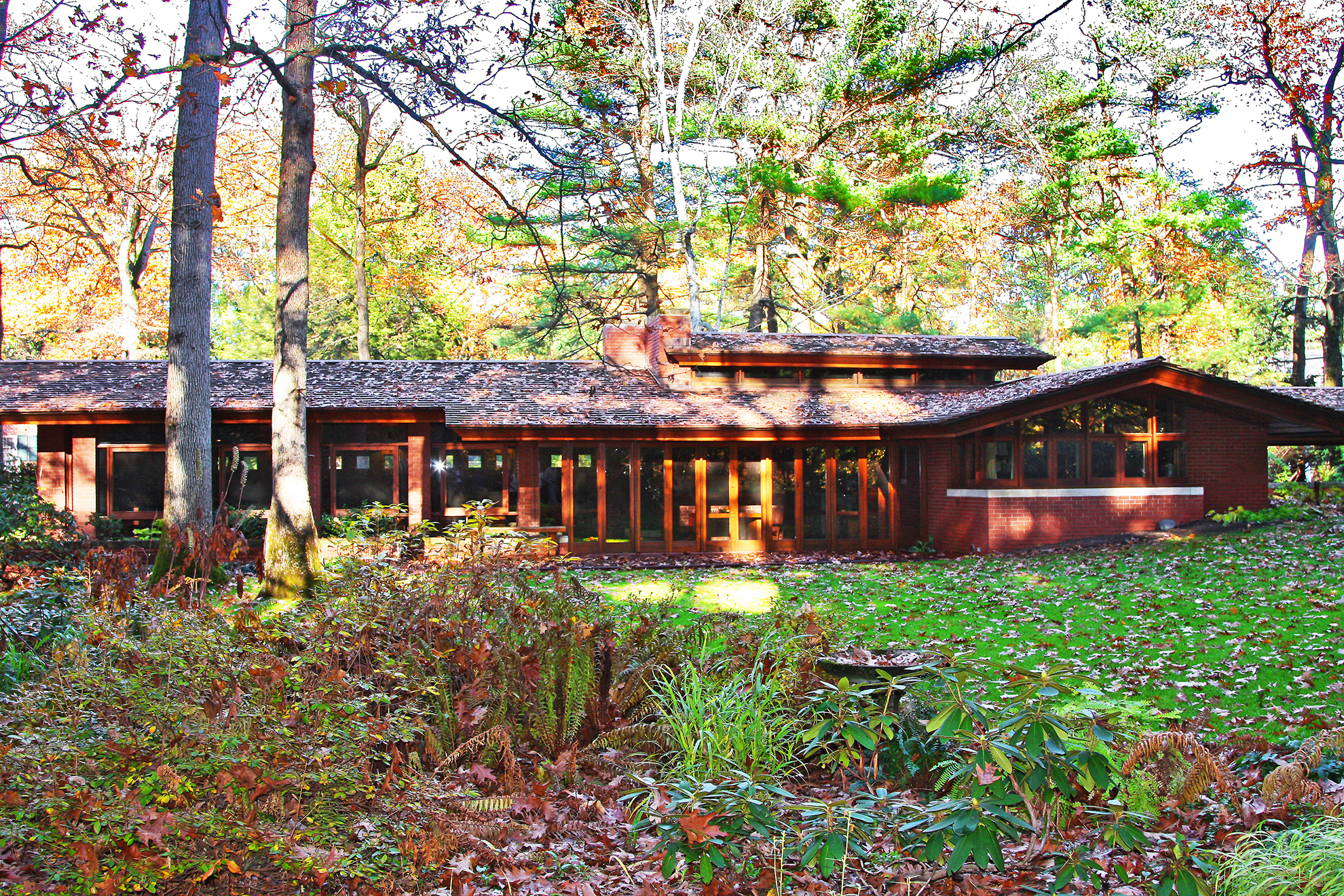
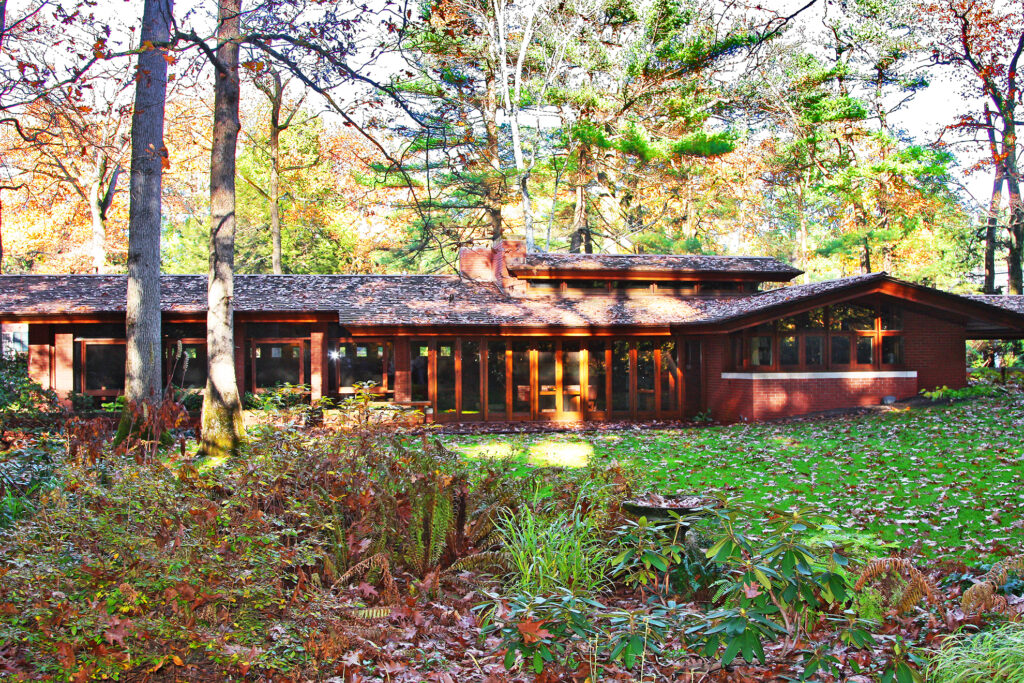
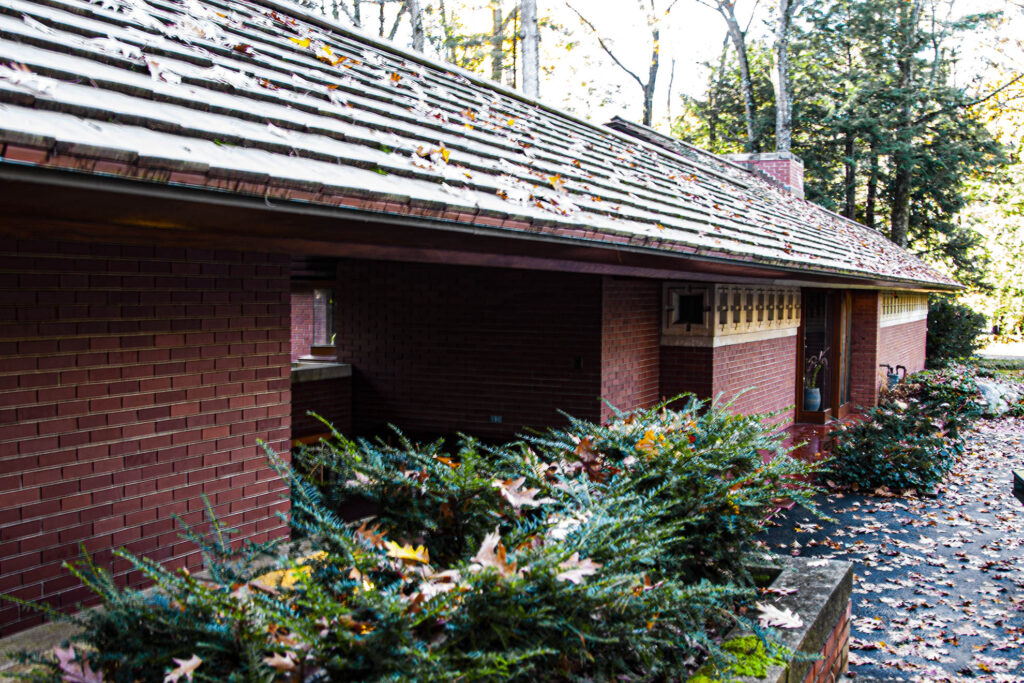
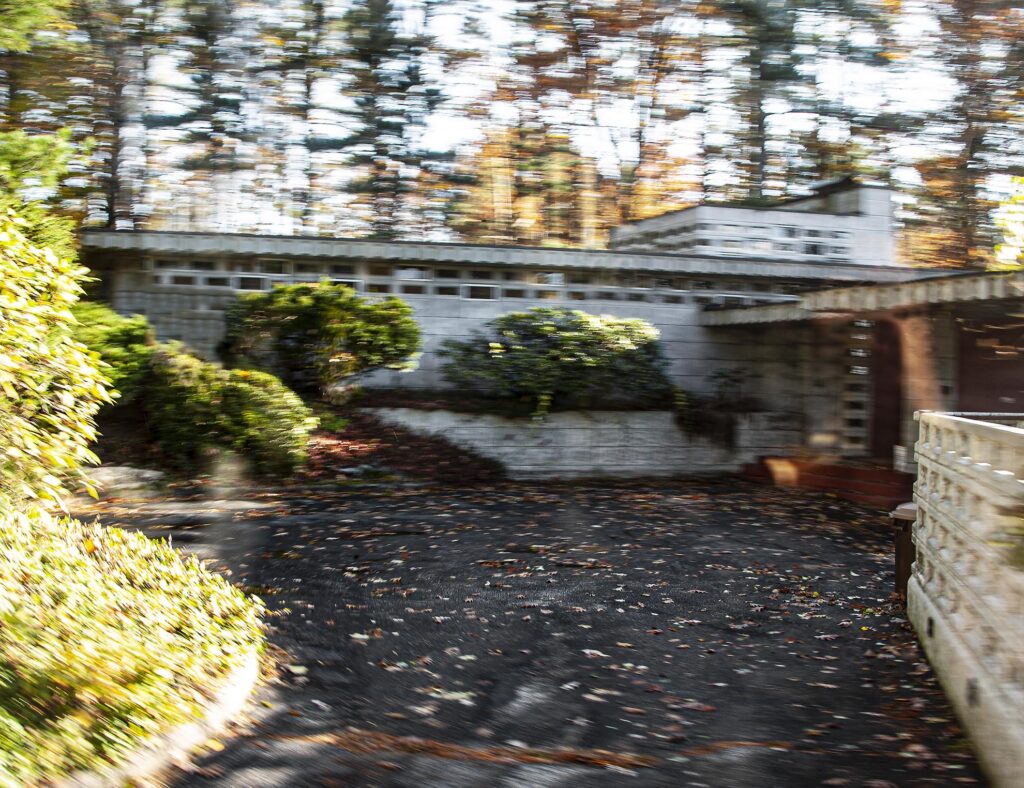
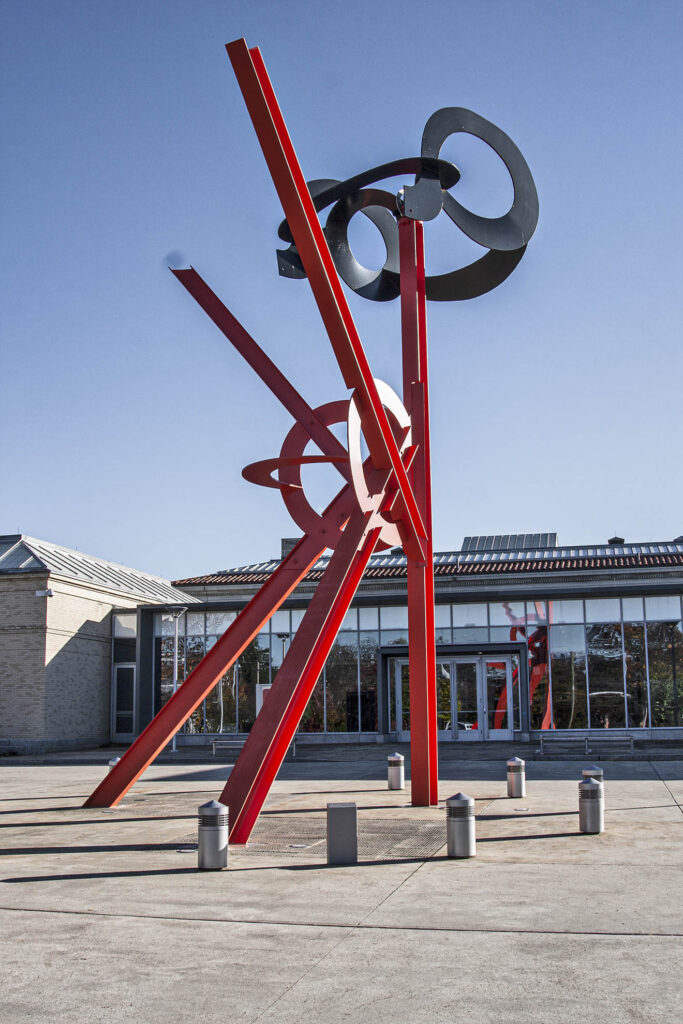
I read the article and was surprised the home addresses were not provided. Is there a reason for that? I grew up in Manchester, the North end of town where I attended Webster El School followed by Central High School.